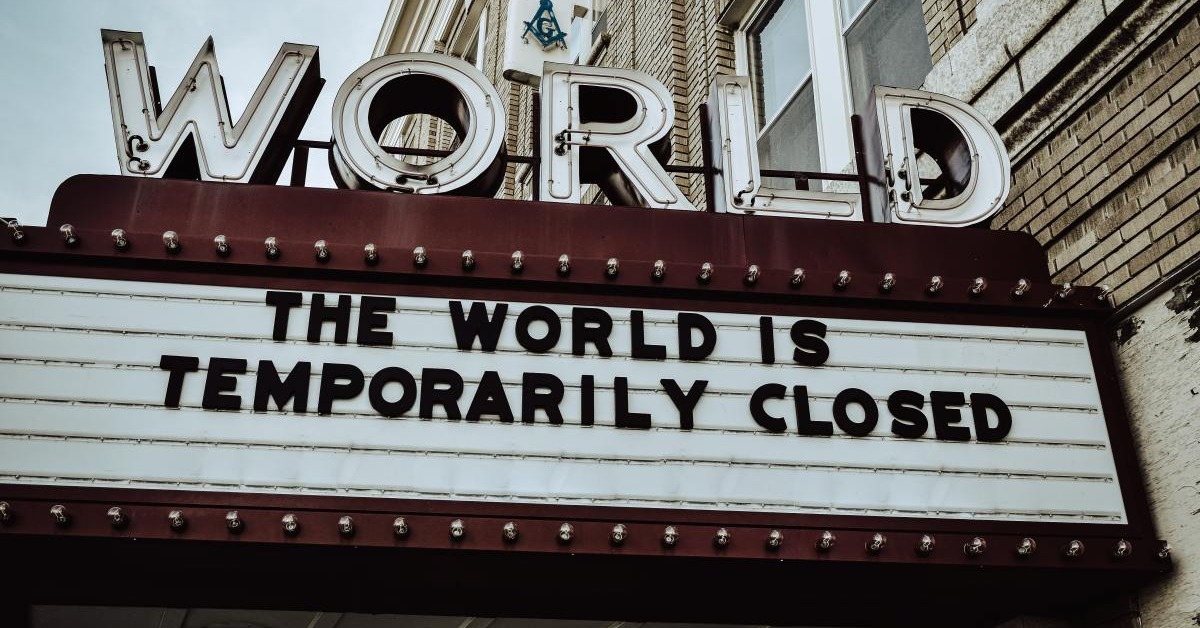
How to Choose an Online MBA
Choosing a high-quality online MBA program that complements your long-term [...]

Community health workers are often the first ones to address issues at a local level. They advocate for and educate community members on issues like domestic violence, nutrition, and safe sex.
And yet, despite the critical role they play, community health workers are often underpaid and underrepresented (a not-uncommon situation for essential workers, sadly). The Bureau of Labor Statistics (BLS) reports that the median annual income for all community health workers is $44,390, while the University of Pittsburgh notes that America needs around 250,000 more community health workers to address emerging issues sufficiently.
Even so, it is possible to succeed in community health, and even to earn a decent living in the process. Earning a Master of Public Health (MPH) in community health will improve your job prospects and increase your earning potential, as well as enhance your training and effectiveness as a community health employee. In short, an MPH is a win-win for community health workers.
So, how much will you make with an MPH in community health? This article explains how to maximize your earnings in the field. It covers:
According to the Association of Schools of Public Health (ASPPH), a community health-focused MPH prepares students “to better understand the foundational blocks of a given community and the role these structures play in promoting a healthy life in a given area–whether it be a neighborhood, a city, or an entire region.” Community health workers provide individuals with the information and guidance needed to develop and maintain healthy lifestyles. They might work for a government office, nonprofit, healthcare organization, or community organization.
Community health is typically offered as a concentration through a university’s school of public health. Other concentrations available to MPH candidates may include:
According to the ASPPH website, community health students in MPH programs can expect to take some of the following courses in their degree program:
Of course, each community health program is different. Many programs emphasize a particular field of community health. New York University‘s MPH in community health science concentration, for example, focuses on using social and ecological perspectives to:
Most master’s degree programs, including the MPH, take two years to complete for full-time students. However, there are part-time options, such as the one offered by Loyola University Chicago, that can take as long as five years. Other schools, such as Columbia University, offer accelerated programs that can be completed in one year. Online and hybrid programs are available for all of these options.
Be sure to check which concentrations a school offers before jumping into a public health program. For instance, neither Columbia nor Loyola offer a community health focus (although Columbia does offer one in the related field of population and family health).
There isn’t a right or wrong time to earn an MPH, but some schools are more welcoming to those without professional experience than others. Most master’s programs are designed for applicants with relevant work experience who hope to take their careers to the next level. Accelerated programs especially seek professionals who wish to advance their careers.
There is no single undergraduate degree required to compete for admission to an MPH program. Still, you might consider a Bachelor of Science in Public Health, a Bachelor of Science in Nursing, or even a Bachelor of Science in Social Work.
Studying admissions requirements will provide a good understanding of when you should apply to a particular program. For instance, the admission requirements for Tulane University of Louisiana‘s MPH do not specify that you need previous work experience. Instead, they include:
Northwestern University does not have any firm requirements, either. However, the school says that top applicants should have “a minimum of two years full-time, professional work experience in health care, public health, or medically related research OR three years of medical or dental school in the US or Canada.”
It’s also a good idea to familiarize yourself with the Schools of Public Health Application Service common application. Numerous programs, including Northwestern, use it as part of their admissions process. SOPHAS also acts as an accreditation service and offers a program finder search engine for prospective students.
According to the US News and World Report, some of the top schools for public health include:
An MPH will likely help you earn more (though not always a lot more) than those who hold a bachelor’s degree, associate’s degree, or high school diploma. An MPH is one of the top qualifications in the public health field, and employers often seek applicants with this graduate degree even when the position does not specifically require one. PayScale says the average annual MPH community health salary is $55,000. That’s not life-changing, but it is about 25 percent more than the median annual income of $44,390 for all community health workers.
Just having an MPH might not be enough to get you a raise; experience often plays a role in determining your earning potential. For instance, a program manager at a non-profit organization makes an average of $51,700, while a coordinator will likely only earn around $45,000. However, having a graduate education can help you move up through the ranks quickly.
Those with a community health MPH commonly work as educators or health education programs coordinators for non-profits or governmental agencies. Again, what you earn will depend on your job title. The average community affairs manager earns $68,328 per year while the average community health educator salary is only $55,258 per year.
Geography also impacts your salary, since some states have higher average incomes for community health workers than others. According to the BLS, the top US locations for community health workers, and their respective median incomes, are:
You might now be thinking, “I will not be making a whole lot of money with my MPH.” In fairness, that is sometimes the case. Before enrolling in a program, it is essential to consider if you will need to leave the workforce to attend school and weigh your expected salary upon graduation with the cost of your public health degree.
However, there are some ways to make a lot of money with an MPH—you just might not be working in community health. Many health administration professionals hold an MPH (sometimes in addition to a medical, nursing, or even business degree). The average healthcare administrator earns $66,459, according to PayScale. However, the BLS reports that medical health and services managers earn a median pay of around $100,000 per year, according to the BLS.
You can also work in epidemiology—the study of how diseases spread—with an MPH. Epidemiology is an essential part of disease prevention. The BLS says that most epidemiologists earn a median pay of just over $70,000. Top epidemiologists (who usually have a graduate degree) can earn over six-figures.
A 2015 article from the Center for Disease Control states that working in community health “helps to reduce health gaps caused by differences in income, education, race and ethnicity, location and other factors that can affect health.” Not only do community health workers make communities stronger, but they also help them to recover from emergencies and disasters. Even though the CDC’s words are nearly five years old, they ring more true than ever in the age of COVID-19. Being a community health worker is an important job for both now and the future. Plus, if you make the right decisions, it can pay well too.
(Last Updated on February 26, 2024)
Questions or feedback? Email editor@noodle.com

Choosing a high-quality online MBA program that complements your long-term [...]

Do you see a math puzzle when you look at [...]

Not everyone in a hospital wears scrubs. Some, like hospital [...]

A lot of factors come into play. Think: demand, specialization, [...]

Frontline care workers confronted extreme conditions and heavy caseloads during [...]
Categorized as: Public Health, Nursing & Healthcare